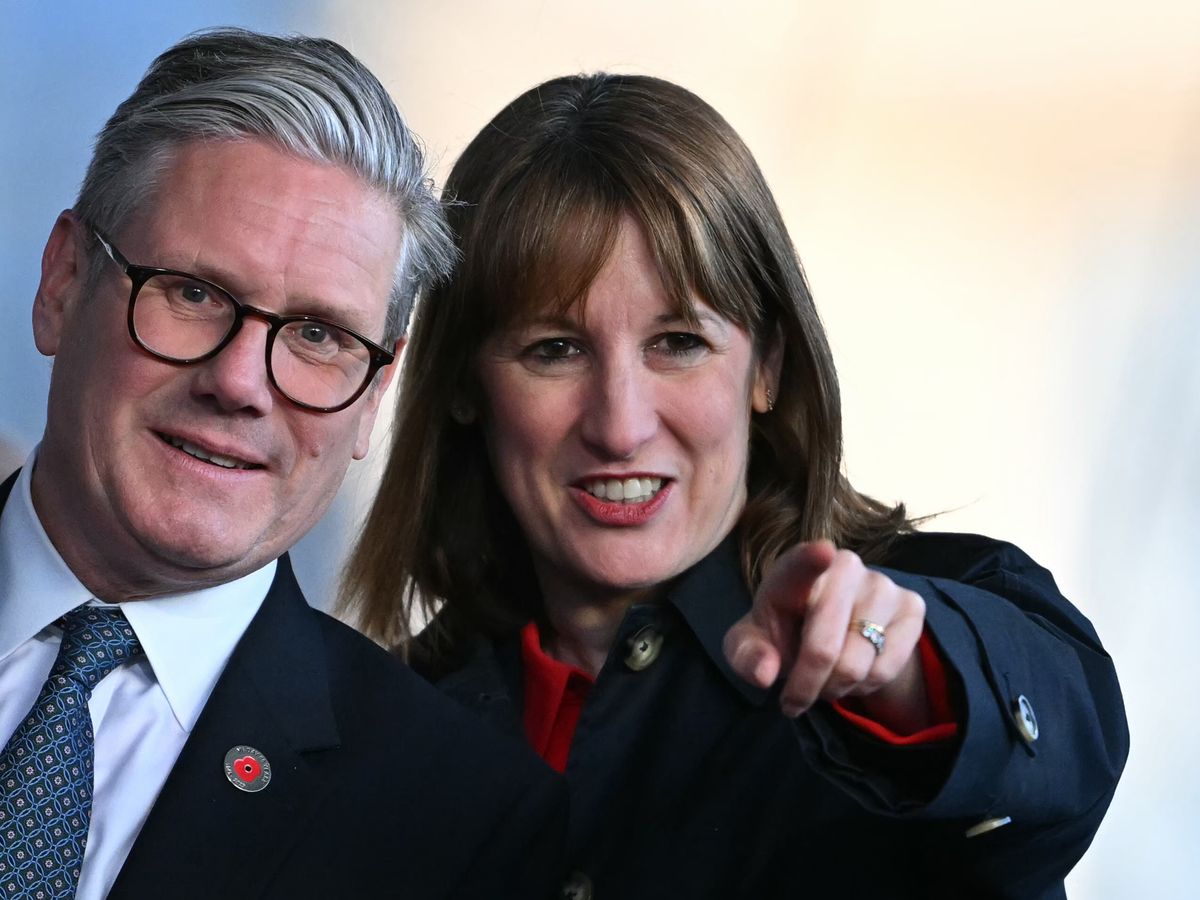By Chris McCall
UK inflation peaked in 2022 at an eyewatering 11 per cent. The cost of food staples more than doubled. Inflation was falling before Labour took power. But a spike in council tax bills and NI on employers in April saw inflation climb back to 3.5 per cent. The rise is partly down to increases in airline fares and the cost of eating out. Trump’s tariffs don’t help either. But the bottom line is many people are still struggling to make ends meet. 4/10 Economic growth was made the new Government’s top priority after it took office. The economy had fallen into recession at the end of 2023 under the Tories but rebounded in the first half of 2024. Since then, growth has been sluggish. Although the economy grew more than expected in the first quarter of 2025, analysts warn that the disruption and uncertainty caused by the US trade tariffs which began in April could limit growth in the later part of the year. 5/10 When Gordon Brown first introduced the winter fuel payment , pensioners were the worst-off group in society. That’s no longer the case. There is a valid argument that the richest pensioners don’t need a payment to help with their heating bills. But the decision by Rachel Reeves last summer to suddenly remove the benefit from 90 per cent of pensioners, with no warning, was a political disaster. It put the new Government on the backfoot and severely damaged trust in Labour. 1/10 Relations between Holyrood and Westminster reached an all-time low when Boris Johnson and Nicola Sturgeon were in power and scarcely improved under Rishi Sunak. But Keir Starmer has struck up a more positive working relationship with John Swinney. The UK Government has promised to help Holyrood to mitigate the impact of two-child cap benefit cap in Scotland, without yet committing to scrapping it elsewhere. There was also constructive talks on Grangemouth – although not enough to save the refinery from closure. 7/10 When Labour took power in 1997, the party enjoyed the luxury of a booming economy and relative peace across Europe and the Middle East. But the reality in 2025 is very different. An aggressive Russia remains at war in Ukraine. The Middle East teeters on the brink. Europe can no longer rely on the US in the Trump era. Starmer has recognised this and pledged to increase defence spending. In an era of already tight public finances, it’s a tough choice. But there is little alternative. 7/10 Labour promised to raise the minimum wage for workers, and on this at least it has delivered. Three and a half million low-paid workers saw their wages rise on April 1. The National Living Wage paid to over-21s went up by 6.7% and the National Minimum Wage for 18 to 20-year-olds rose by 16%. A higher hourly rate called the Real Living Wage, paid voluntarily by some UK businesses to half a million people, has also gone up. 8/10 Labour argued too many people were becoming reliant on benefits at a young age instead of finding work. But plans announced by Liz Kendall, the Work and Pensions Secretary, to reform the system were quickly viewed as an exercise in saving the Government money by taking away benefits from the disabled. Facing a major backbench rebellion, and possible defeat in the Commons, the Government was forced into a rapid climbdown. Spending on welfare will now continue to rise. And money will need to be found from elsewhere to pay for it. The Government’s authority has been weakened in the process. 2/10 To sign up to the Daily R ecord Politics newsletter, click here
